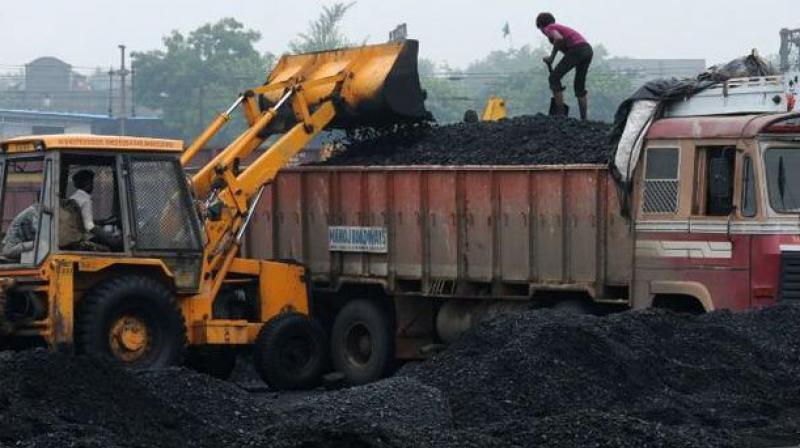On privatising coal, get an effective regulator
In the end, the real test will be if we are able to eliminate imports of reasonable quality of coal.

The Narendra Modi Cabinet’s decision earlier this week to denationalise the coal industry is as historic as Indira Gandhi’s move to nationalise coal mining in 1973. But whether the present decision is worthwhile will depend, of course, on whether letting the private sector back lives up to its promise of raising efficiency in coal production, and enhancing productivity and production, at least to the extent of covering domestic demand, introduction of modern technology and injection of adequate private investment in a competitive climate.
When coal was entirely in private hands before 1973, the results were a sorry mess in terms of production and adequacy of investment, as well as keeping up with internationally available technologies, to say nothing of the deplorable conditions of life for workers in the mines concentrated in eastern India, as well as mines safety. Reports of that era make for shocking reading.
In many respects, a sea change has been brought about as a consequence of nationalisation. Coal India Ltd is a public sector “navratna”. But there can be no gainsaying that inefficiencies that are typical of the public sector — for well-known reasons — plague coal mining as well. There can be no doubt that the situation must be fixed. Coal is the nation’s most important fuel source and 70 per cent of power generation in CIL comes from coal. India is the world’s fifth largest coal producer, and yet the country imports around 150 million tonnes of coal worth about Rs 1 lakh crores.
It is to be hoped that the situation will improve when private players come in. The government has indicated an auction route for the acquiring of mines. It must ensure, however, that players taking part in the auction do not game the process by forming cartels. Moreover, with private players in, the government must have a strong regulator.
The regulator’s job must be not only to ensure fair competition, but also to facilitate the introduction of adequate levels of technologies in not just mining but also beneficiation (as the average Indian coal has around 45 per cent ash content, as against 25-30 per cent in the leading coal-producing countries), and the raising of efficiency. In the absence of these, bringing in private players would not have done much good. In the end, the real test will be if we are able to eliminate imports of reasonable quality of coal. Private industry now is far more capable than it was some half a century ago. Its assets base is much stronger, it is more modern and better managed professionally. However, the temptation to wholly privatise coal by closing down CIL must be avoided. The future performance of private companies in coal is an unknown quantity for now.

